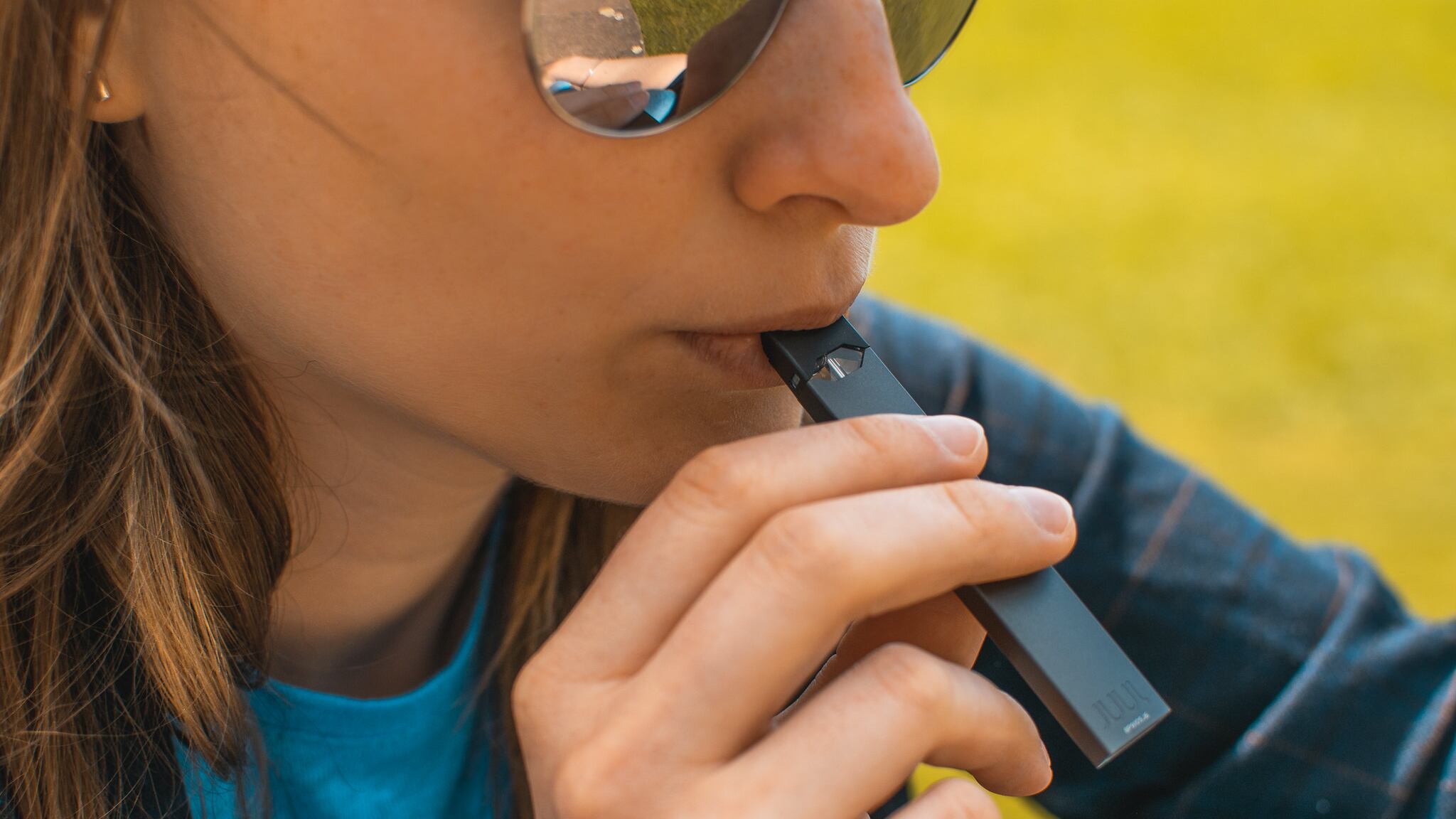The Oregon Health Authority today criticized the U.S. Food and Drug Administration's partial ban on flavored nicotine products, saying it will still allow some harmful e-cigarettes to be used and will not help limit youth access.
On Jan. 2, in an effort to crackdown on teen vaping, the FDA announced a ban on most flavored cartridge-based e-cigarettes. Companies have until early February to stop manufacturing, distributing and selling the prohibited products.
The ban comes after an epidemic of at least 2,290 vaping-related illnesses and 47 deaths.
Two of those deaths were in Oregon and led Gov. Kate Brown to propose a ban on flavored vapes. But that prohibition was blocked by the Oregon Court of Appeals and remains tied up in the courts.
OHA in a statement today said the FDA's partial vaping ban isn't sufficient because it does not include menthol- and tobacco- flavored products, nor does it prohibit open-tank systems, which allow people to mix their own flavors.
"These exemptions will drastically limit FDA's effectiveness in reducing youth vaping," OHA wrote in a statement. "The most recent evidence shows that mint and menthol are among the most popular vape flavors for youth."
It continued: "This comes on top of decades of tobacco industry targeting of African-American communities with menthol marketing and discounts, contributing to a heavier burden of tobacco use, death and disease in that population."
OHA said that although the U.S. Congress passed legislation raising the national tobacco purchase age to 21 (a law that was already in effect in Oregon), youth e-cigarette use will likely still increase.
Related: Oregon Becomes the Third State in America to Raise Legal Age for Purchasing Cigarettes from 18 to 21
OHA statistics show an 80 percent increase in youth vaping between 2017 and 2019 and one in four Oregon 11th-graders currently report using e-cigarettes and vaping products.
"While we recognize FDA's intent, the proposed enforcement action falls short of its stated goal to protect the public's health," OHA wrote.
Image Courtesy of Vaping 360
